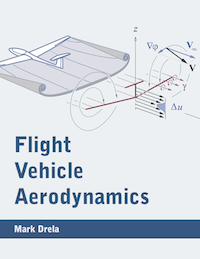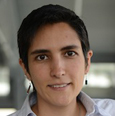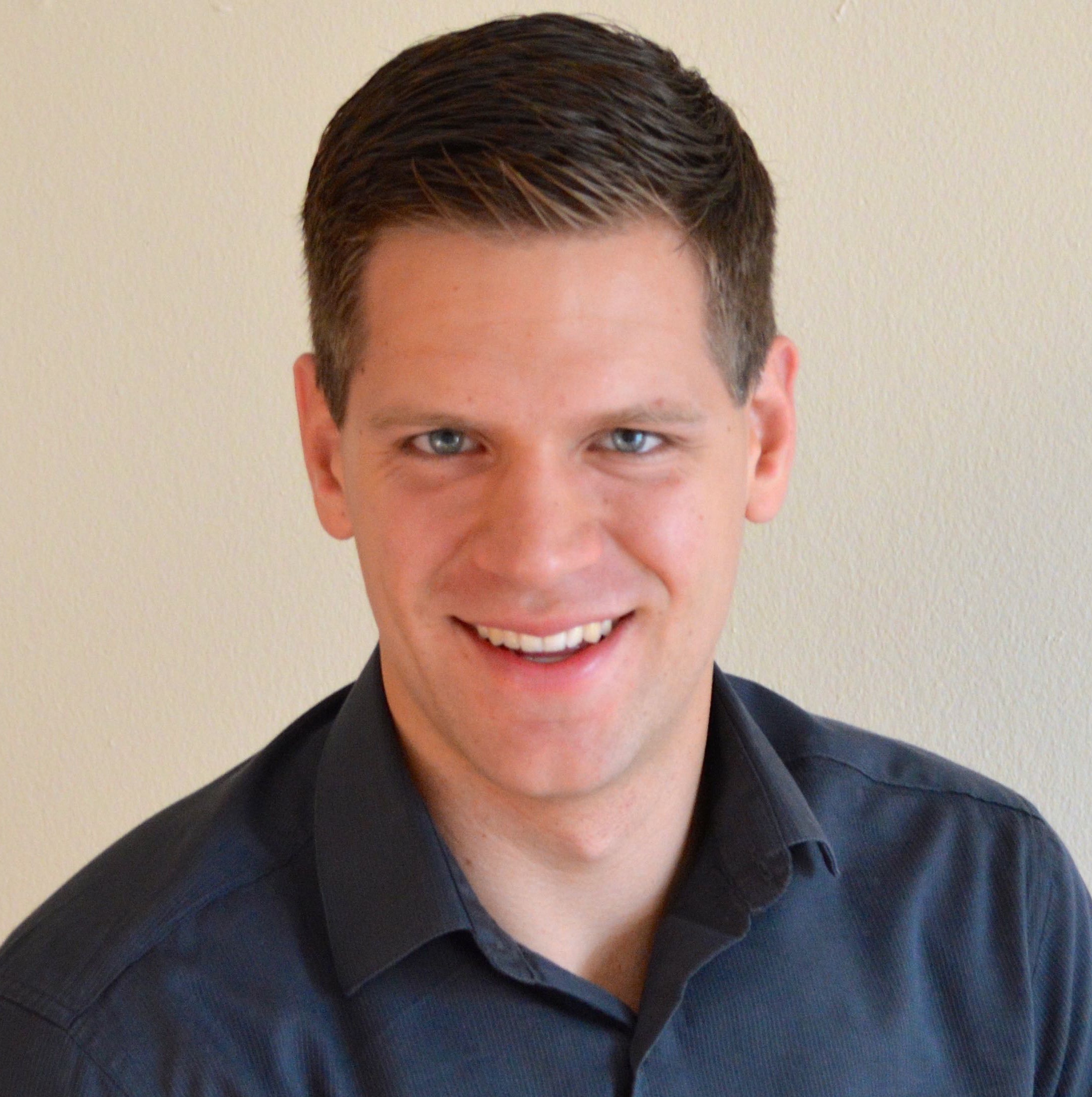| Table of Contents |
Syllabus
Please take a moment to review this syllabus. It contains important information about course content, grading, and academic honesty guidelines.
The calendar with content release and due dates is in the Calendar tab. Use it to keep track of dates through the course so you don't miss any deadline.
You can track your progress using the Progress tab.
Course Organization
- Modules: This course consists of 8 different modules. Each module includes a number of finger exercises, as well as one set of homework problems: all of these are graded and due at the time the module is due. Most of the modules are 1 week long, which gives you one week to both go through the material and complete all the graded questions and problems (between the release on Tuesday, 16:00 UTC and the due date the following Tuesday, 16:00 UTC). There are 3 modules that are 2-weeks long, and which are given an accordingly larger grading weight. Material is release and due on Tuesdays at 16:00 UTC, according to schedule in the table below.
- Lab experiment: The homework for Module 4 Experimental Measurements in Aerodynamics consists of a laboratory. Videos will be provided that follow an experiment (setup, measurements), you'll be given a set of raw experimental data, and you will have to process the data to answer the questions.
- Optional material: Some modules include optional material which goes beyond the scope of the course and appears after the homework section of a module. Being optional, you will not be tested on it in questions, homeworks, nor exams. They are meant to provide a glimpse at some of the applications and research related to the module content.
- Exams: There are 3 exams which cover Modules 1-2 (Exam 1), Modules 3-6 (Exam 2), and Modules 7-8 (Exam 3). In one exam you will not be tested explicitely on the content of modules covered by other exams, but the course evolves in such a way that subsequent modules assume knowledge of the previous ones. Exams are also released on a Tuesday, 16:00UTC and due the following Tuesday, 16:00UTC, so you will have one full week to complete each exam. There will not be anything else due during an exam week.

Textbook
The course content follows the book:
Flight Vehicle Aerodynamics, Mark Drela
2014, MIT Press, ISBN 978-0-262-52644-9
You can buy a copy directly from MIT Press, in either the paperback or e-book edition, at http://mitpress.mit.edu/FVA.
The text of the book is also available in the Textbook item under the Course tab, where you can read it online, but you will not be able to print it or download it. At the beginning of each section in the Courseware, we indicate the relevant book sections: you should read them before going through the edX material.
Grading
There are three types of questions: Finger exercises, Homework, and Exams. Each question is given a number of points which you get if all your answers are correct. Each 10 points are worth 1% of your final grade.
- Finger exercises are contained within the readings and are intended to help you stay engaged and check your understanding of the material. You have 4 attempts to answer each question in a finger exercise correctly before it is due. This is to encourage you to keep trying while you are learning the material. The finger exercises will sum up to 20 points in each of Modules 2, 6, 8, and sum up to 10 points in each of the other modules. The total possible points for finger exercises is 110, or 11% of your final grade.
- Homework problems are found at the end of each module. You have 3 attempts to answer each homework question correctly before the due date and time. For Modules 2,6,8 each homework assignment is worth 80 points (8% of final grade), and for the other Modules each homework assignment is worth 40 points (4% of final grade). The total possible points for all homework is 440, or 44% of your final grade.
- Exams are given after modules 2, 6, and 8. Each exam is worth 150 points, or 15% of your final grade. You have 2 attempts to answer each exam question before it is due. The total possible points for exams is 450, or 45% of your final grade.
Solutions to graded questions will be provided immediately after the deadline for the corresponding unit (module or exam) has passed.
Certification
Participants who achieve the passing mark of 65% or more will earn a certificate of mastery. These certificates will indicate you have successfully completed the course, but will not include a specific grade. Certificates will be issued by edX under the name of MITx.
There are two ways in which you can take 16.110x. (1) You can try for an ID Verified Certificate at the cost of $100 (US Dollars), which you'll obtain if you achieve a passing grade. (2) You can audit the course for free and not get any certificate but be able to track your progress as any other student. If you are now registered as audit, you can still change your track by clicking on the "Challenge Yourself" button on your edX dashboard. More information is avalable on the edX Verified Certificate info page and on the edX Student FAQ page, Certificates and Credits section.
Guidelines for Collaboration
Please follow these guidelines and policies regarding acceptable collaboration between groups of students in this course working on finger exercises and homeworks. The staff will be proactive in removing posts and replies in the Discussion Forum which appear to violate these policies.
Note that these guidelines only apply to the finger exercises and homework problems, because no collaboration or discussion is allowed on the exams.
- It is OK to discuss the general approach to solving a problem.
- You can work jointly to come up with the overall approach or general steps for a solution.
- It is OK to get a hint, or several hints for that matter, if you get stuck while solving a problem.
- It is OK to have someone show you a few steps of a solution where you have been stuck for a while, provided of course you have attempted to solve it yourself without success.
- You should work out the details of the solution yourself, on your own.
- It is not OK to take someone else's solution and simply copy the answers from their solution into your checkboxes.
- It is not OK to take someone else's formula and plug in your own numbers to get the answer.
- It is not OK to post answers to a problem before the submission deadline.
- It is not OK to look at a full step-by-step solution to a problem before the submission deadline.
After you have collaborated with others in generating a correct solution, a good test to see if you were engaged in acceptable collaboration is to make sure that you are able to do the problem on your own.
Discussion Forum Guidelines
The Discussion Forum is the main way for you to communicate with the course team and other students. We hope it contributes to a sense of community and serves as a useful resource for your learning. Here are some guidelines to observe on the forums.
- [TAG] your posts: Whenever you want to start a new thread, make sure you include one of the keywords below at the beginning of your post's title. Appropriate tagging makes it easier for students and staff to search for other posts in the same category. Also, don't forget to select the correct category from the drop-down menu on the left when creating a new post. You should use at least one (several as appropriate) of the following:
- [01], [02], ... , [08] : Posts related to material in Module 1, Module 2, ...., Module 8. For example, a question on Module 4 could have the title [04] Pitot tube
- [HW] : Posts related to a homework problem. For example, a question on the homework for module 6 could be tagged [06][HW] I don't understand question 2
- [INTRO] : Threads for student introductions
- [TECH] : Technical Issues. e.g. [TECH] A link is not working!
- [GEN] : General discussion about the course that doesn't fall into any of the above categories. e.g. [GEN] Where can I find the exam dates?
- [MISC] : Chats and other miscellaneous matters. e.g. [MISC] Thank you Professor Mark!
- [STAFF] : For issues that require the staff's attention
- Search before asking: The forum will be hard to use if there are multiple threads on the same issue and the best discussions happen when several people participate in a single thread. So before asking a question, use the search feature by clicking on the magnifying glass at the top right of the list of postings.
- Observe the honor code: We encourage collaboration and help between students, but please avoid asking for and posting final answers. Those caught violating this policy may have their accounts disabled and their progress erased.
- Be polite: We have learners from all around the world and with different backgrounds. Something that is easy for you may be challenging for someone else. Let's build an encouraging community.
- Encourage useful posts: This applies to both questions and responses. Click on the green plus button at the top right of the box to up-vote a post or a response. In this way, useful posts can be found more easily.
- Be specific and concise: Try to compose a title which is descriptive and provide as much information as possible without being overly long: In your title, specify the problem or video and, in a few words, what your issue is. In the question text, describe what aspect you do not understand and what you have already tried doing.
- Write clearly: We know that English is a second language for many of you but correct grammar will help others to respond. Avoid ALL CAPS, abbrv of wrds (abbreviating words), and excessive punctuation!!!!
Course Team
Instructors
 |
Mark Drela
(forum username: markdrela)
Professor Mark Drela is the Terry J. Kohler Professor at the MIT Department of Aeronautics and Astronautics,
where he joined the faculty in 1986. His primary research interests are in low speed and transonic aerodynamics,
design and performance of aircraft and aeromechanical devices, and computational aerodynamic design methodology.
He has developed a number of computational aerodynamic design/analysis codes currently being used in the aircraft
and gas turbine industry. He has also developed tools for analysis and design of control systems
for highly aeroelastic aircraft.
 |
Alejandra Uranga
(forum username: Uranga)
Dr Alejandra Uranga is currently an Assistant Professor at the USC Department of Aerospace and Mechanical Engineering
(formerly a Research Engineer in the MIT Aeronautics and Astronautics). She holds a MASc from the University of Victoria, BC, Canada,
and a PhD degree from MIT. Her research has been in Computational Fluid Dynamics, specifically the modeling and simulation
of turbulence and transition. At MIT she was the project technology lead for the design, development, simulation,
and wind tunnel testing of an advanced transport aircraft concept under the NASA N+3 program.
Teaching Assistants
 |
Michael Burton
(forum username: mjburton)
Michael is currently a Senior in the MIT Department of Aeronautics and Astronautics.
He took the MIT graduate course 16.110 in Fall 2015, which roughly covers the same material as 16.110x.